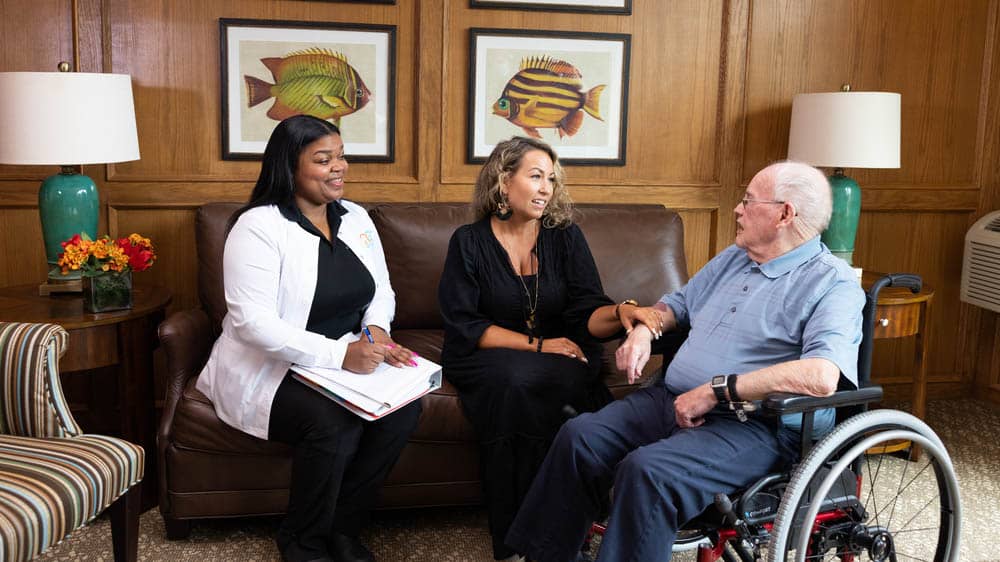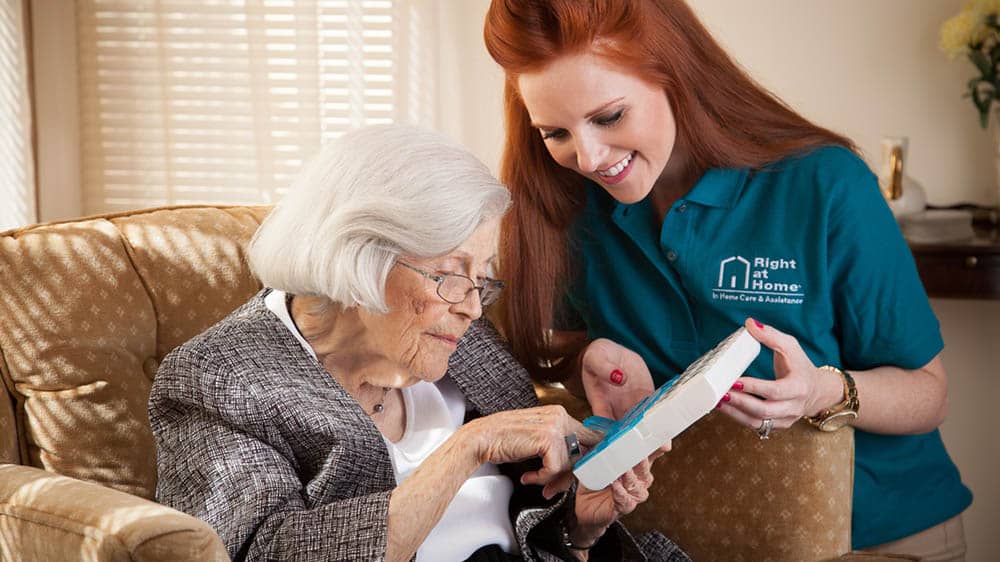

Understanding Guardianship for Elderly Loved Ones
As our loved ones age, we may face difficult decisions about their care and well-being. Is it safe for them to continue living at home, perhaps with assistance? Do they have trusted friends, family members, or financial or legal experts to rely on? That last question is especially important because seniors may have—or develop later—health conditions that affect their abilities in anything from managing their money to living on their own. It’s helpful to learn about guardianships and conservatorships in case that happens.
What Is Guardianship?
Guardianship is a legal relationship in which a court appoints someone (the guardian) to make decisions on behalf of another person (the ward) who is unable to make decisions for themselves. The guardian is then responsible for making medical decisions, managing living arrangements, and ensuring the overall well-being of the ward.
Understanding Conservatorship
In a conservatorship, the court appoints someone (the conservator) to manage the financial affairs of someone who cannot do so themselves (the conservatee). This includes overseeing finances, paying bills, managing investments, and protecting the conservatee’s assets.
When Does Guardianship or Conservatorship Make Sense?
There are several situations in which these legal arrangements may become necessary for elderly loved ones:
- Cognitive decline: Conditions such as dementia or Alzheimer’s disease may impair an elderly individual’s ability to make sound decisions about their health, finances, and personal affairs.
- Physical incapacitation: Severe physical disabilities or illnesses can render someone incapable of managing their affairs.
- Financial management issues: Older individuals struggling to manage their finances effectively may need a conservator to protect their assets and ensure proper care.
- Lack of advance directives: If the senior lacks a power of attorney for health care, it may be necessary to pursue guardianship or conservatorship to make decisions on their behalf.
Guardianship and Conservatorship Responsibilities
The appointed guardian or conservator has various responsibilities, depending on the needs of the ward or conservatee:
- Medical and personal decision-making: Guardians make decisions regarding the ward’s medical care, treatment options, and daily living arrangements.
- Financial management: Conservators handle the conservatee’s financial matters, ensuring resources are used appropriately for their care and protection.
Seniors Can Name a Guardian or Conservator in Advance
If an older adult anticipates—or simply is concerned about—losing the ability to manage their affairs, they can start this process themselves and name a guardian or conservator in advance. This is often done through a durable power of attorney or a living trust, where the older person can specify whom they would like to manage their personal and financial matters if they become unable to do so themselves.
Naming a guardian or conservator in advance can provide peace of mind for both the aging adult and their loved ones. It will ensure that the older person’s wishes are respected and that the transition of responsibilities occurs smoothly without the need for court intervention. It’s an effective way to maintain control over one’s future care and reduce the chances of disputes among family members or other affected parties.
Guardianship and Conservatorship Laws Vary by State
Laws and procedures for guardianship and conservatorship vary by state, including how incapacity is determined, the process, and the responsibilities assigned to guardians and conservators. Some states might require guardians or conservators to undergo background checks or complete training programs.
Consulting with an attorney who specializes in elder law is very helpful. They can help you and others involved understand the legal requirements in the senior’s state and the long-term implications of these arrangements. An attorney will guide everyone involved through the process, ensuring the senior’s best interests are protected.
You may want to do some research first to get the basics. Check the website of the state government where the elderly person lives. Also, look into their state bar association and any legal aid organizations in their area. You could also access the National Academy of Elder Law Attorneys to find a licensed practicing NAELA member attorney. A local area agency on aging may also have resources.
The process can be daunting, especially for the senior involved, who may not agree they need this level of protection. However, the goal of guardianship and conservatorship is to ensure that your elderly loved one receives the care and support they need, especially when they’re unable to make decisions for themselves.
How Right at Home Can Help
Right at Home offers many home care services, ranging from companionship and homemaking to personal care and hygiene assistance. Our professional caregivers can help older adults stay safe as they age in place. To find out more, use our office locator to find the office nearest you and speak with a local aging specialist.
Subscribe to our Caring Right at Home e-newsletter for information, advice, and tips about the aging journey.







